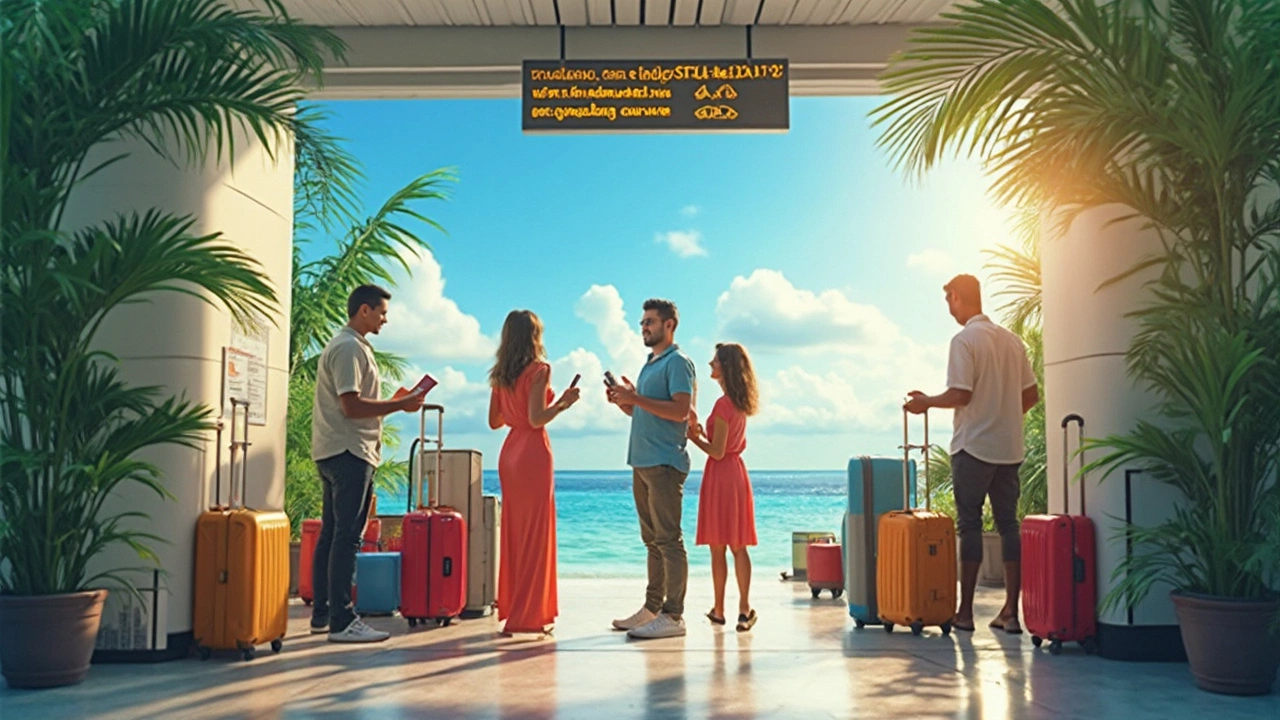Maldives Safety: What You Need to Know Before You Go
When people think of the Maldives, a tropical island nation in the Indian Ocean known for luxury resorts and crystal-clear waters. Also known as the Maldivian Islands, it's one of the most popular beach destinations for travelers from India and beyond. But safety isn’t just about sunburns and snorkeling—it’s about knowing what actually happens on the ground. Unlike big cities where crime is visible, the Maldives’ risks are quieter: isolated resorts, limited medical access, and cultural misunderstandings that can turn a dream trip into a headache.
The Maldives safety, refers to the overall conditions for tourists, including crime rates, health infrastructure, and environmental hazards is generally high in resort areas, but that doesn’t mean you’re immune to trouble. Most incidents happen when travelers leave the bubble of their all-inclusive island. Local islands have different rules, and police response can be slow. Theft is rare but does happen—especially if you leave valuables unattended on beaches or in unlocked rooms. Then there’s the water: strong currents, jellyfish, and coral cuts are more common than you’d think. One traveler from Mumbai got a serious infection from a tiny reef cut because she didn’t clean it right away. And don’t assume your travel insurance covers everything—many policies won’t pay for emergency evacuations unless you’re on a resort with a medical center.
Another big concern is cultural safety, how well tourists respect local laws and customs in a Muslim-majority country. The Maldives isn’t like Bali or Thailand. Alcohol is banned on local islands, public displays of affection can get you fined, and dressing too revealing outside resorts can draw unwanted attention. You won’t get arrested for a bikini on your private beach, but wear one on a local ferry and you’ll get stares—or worse, a warning from authorities. Women traveling alone should know that harassment is rare but possible, especially on public transport or in less touristy areas. The key? Act like a guest, not a tourist. Learn a few Dhivehi phrases. Ask before taking photos of people. Don’t assume your rules apply here.
And then there’s the weather. The monsoon season, a period of heavy rain and rough seas that affects travel and safety in the Maldives runs from May to November. Flights get canceled. Speedboats stop running. Some resorts shut down parts of their property. Planning a trip in July? Check the forecast. Don’t rely on last-minute updates. The Maldives isn’t a place you can wing it in.
What you’ll find in the posts below are real, practical stories from travelers who’ve been there—not generic advice from blogs. You’ll read about what Americans actually eat in India and how that relates to food safety abroad, how Mumbai and Delhi compare on safety, and why some islands outshine the Maldives in 2025. There’s no fluff. Just facts, warnings, and tips you can use before you book your ticket. Whether you’re going for a honeymoon, a solo escape, or a family trip, knowing the real risks makes your vacation better. Not safer. Better.
Is Maldives Safe to Travel Now from India? Get the Real Picture
Thinking about escaping to the Maldives from India? This article breaks down the real safety situation right now, including travel advisories, practical health tips, and what to expect with immigration. Get honest answers and clear advice so you can plan your beach getaway without second thoughts. Stay ahead with the latest updates and know what Indian travelers really experience on the ground. No fluff, just facts and firsthand tips.
Read more